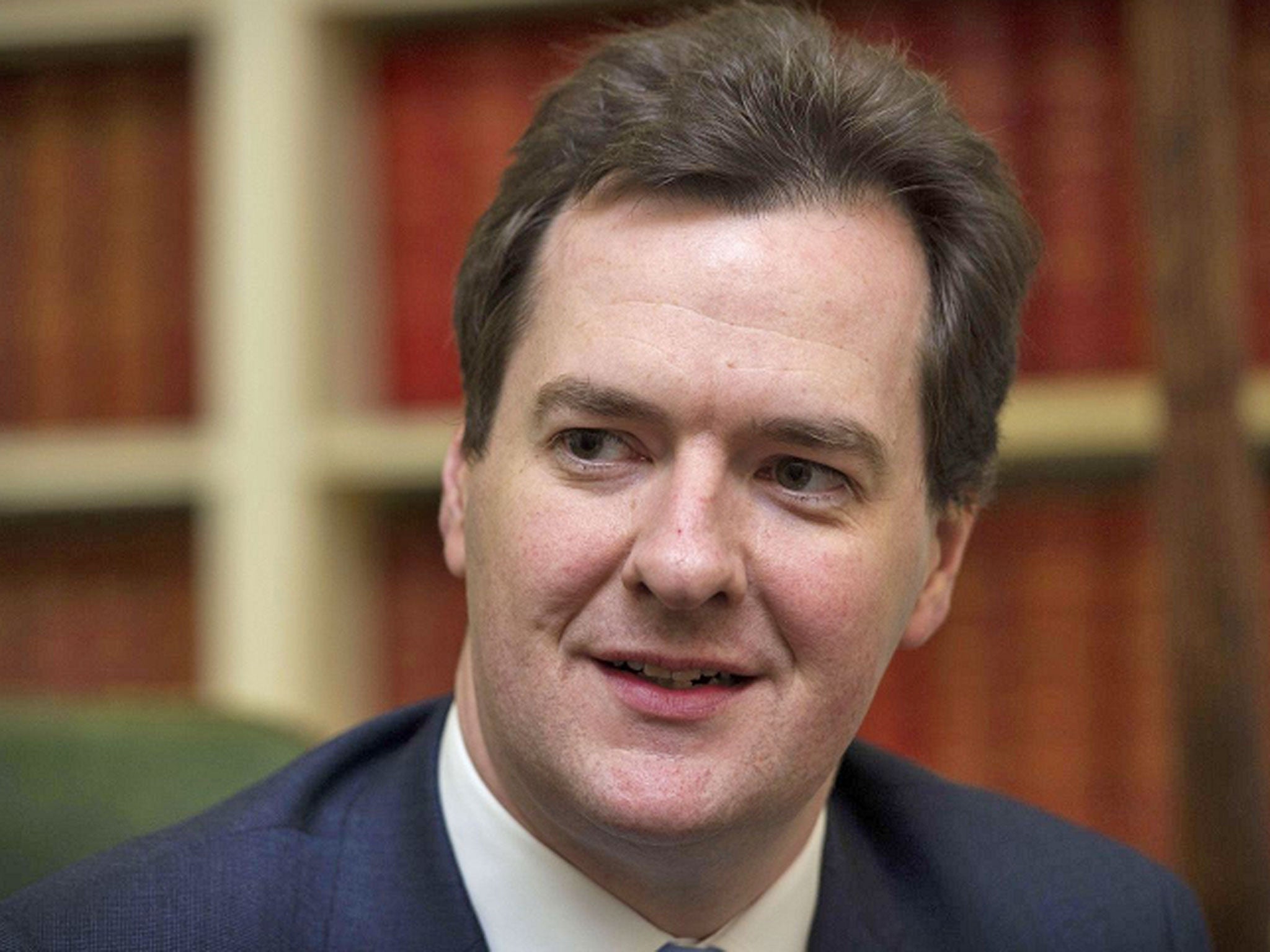Budget 2013: George Osborne says he'll level with us - but he and the Coalition are running out of time
Several familiar themes were trotted out; but inflation, a growing concern, hardly got a mention at all, and the medium-term outlook on debt and growth remains poor


A very Tory budget, but at least you’ll be able to drown your sorrows if beer is your drink.
George Osborne said he wanted to be straight with us. That he was going to level with us. And what did he say? Our predecessors were awful. The global economy is awful. We’re going to stick to plan A (p.s. even if that does mean lower economic growth).
Too familiar
Correct me if I’m wrong, but haven’t we heard this before? Mr Osborne says he has an economic plan, but it sometimes looks more like an economic plan with a big dose of hope that a global recovery will provide the gravy and that the Eurozone won’t go pop and mess it all up (oops).
But he’s sweetened it with a banana or two. The decision to scrap the rise in fuel duty - I advocated this in the Independent’s Outlook column this morning - is sensible.
Rising fuel prices are contributing a great deal to rising inflation. Removing part of this inflationary stimulus makes sense, and will help to ease some of the pressure on household budgets.
And inflation remains a key concern, with no plans to abandon the 2 per cent inflation target even if the Bank of England has been paying little more than lip service to it for quite some time. If inflation were to hit four per cent, or more, (and it will rise further over the coming months) there’s precious little the Bank can do about it. It can’t hike interest rates.
With the Government planning to get further involved in the housing market, with help to raise deposits for those needing higher loan to value mortgages that banks won’t provide, that’s no bad thing. Rising interest rates leading to a sharp increases in repossessions is the nightmare scenario that keeps people awake at night.
The Government already has plans to set up a business bank. What this further move into the mortgage market raises (combined with a likely extension of the funding for lending scheme) is the following question: Wouldn’t all of this have been very much easier if ministers had nationalised Royal Bank of Scotland as the Governor of the Bank of England Sir Mervyn King has recently suggested?
Elsewhere if the Budget receives anything less than a ringing endorsement from the business lobby (with the exception of banking) then you can be sure than nothing will please them. A 20p corporation tax rate, more help for smaller businesses wanting to hire, and no more stamp duty on trading shares listed on the AIM stockmarket for growing companies.
Brutality to come
As has been widely trailed, there’s movement on housebuilding and capital spending paid for by... who? Well we don’t really know. But the next spending round will be brutal, and forgive me for being cynical about the talk of more “efficiency savings”. Every Government promises these. Delivery is a different matter.
What all these measures to help business and get the economy moving need to do is show results, and soon. The squeeze on household budgets is continuing apace and in reality there is little enough to cheer ordinary families, and those “strivers” the Chancellor and the Prime Minster like to talk about, in this budget.
Yes the first £10,000 of earnings will now be tax free - and that’s an attempt to draw the sting out of the 5p cut in the 50p top rate of tax - but unless inflation does start to ease that won’t do all that much to improve things beyond helping the Chancellor’s image a bit.
But hey, there’s a penny coming off the price of a pint - if brewers actually pass it on (I’ll believe that when I see it).
The problem with this Budget is the Government and Mr Osborne are starting to run out of time. He can bandy around figures about deficit cutting and projections about future growth from the Office for Budget Responsibility as much as he likes. They will remain just figures until people start to feel the benefit of a rising economy and stop feeling squeezed.
And we’ve yet to find out what’s going to be taken away in the next public spending round.
Join our commenting forum
Join thought-provoking conversations, follow other Independent readers and see their replies
Comments
Bookmark popover
Removed from bookmarks